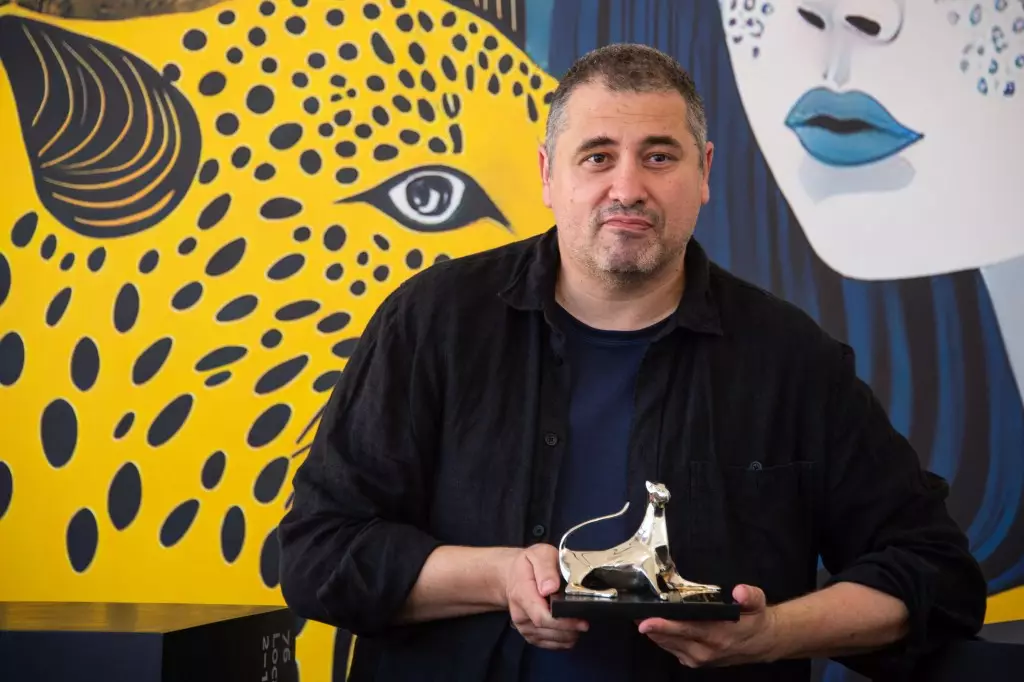Filmmaker Radu Jude’s recent comments regarding the Romanian Film Centre shed light on the challenges faced by filmmakers trying to secure financing for experimental projects in eastern Europe. Jude’s blunt assessment of Anca Mitran, head of the Romanian Film Centre, as being incompetent reveals a deeper issue within the industry. The comparison of finished films to their original screenplays, with requests for refunds if changes are made, highlights a lack of creative freedom and trust in filmmakers. This kind of restrictive practice can stifle artistic expression and hinder the growth of unique voices in cinema.
Jude’s frustration with the Romanian Film Centre echoes the sentiments of many filmmakers in the region who struggle to get their unconventional projects off the ground. The difficulties faced in securing funding for experimental films can result in a homogenization of cinema, where only safe and commercially viable projects are greenlit. This rigid approach to financing limits the diversity of stories and voices that can be shared with audiences both locally and internationally.
Jude’s decision to tackle a Dracula feature film is a bold move that challenges Hollywood’s monopoly on certain genres. By reclaiming the narrative of Dracula from Western studios, Jude aims to inject a fresh perspective rooted in his Romanian heritage. The project, currently titled Dracula Park, promises to offer a unique take on the classic tale, blending elements of humor, beauty, and brilliance as described by actress Ilinca Manolache.
The Power of Found-Footage Documentary
Jude’s upcoming film, Eight Postcards From Utopia, showcases the innovative use of found-footage documentary as a storytelling tool. By piecing together post-socialist Romanian advertisements, the film delves into themes of love, death, capitalism, and socialism. This episodic approach to storytelling allows for a deeper exploration of societal desires and fears, offering viewers a glimpse into the complexities of the human experience.
As Jude continues to push boundaries and explore new avenues in filmmaking, it is clear that the landscape of eastern European cinema is evolving. With a mix of experimental projects, independent features, and international collaborations in the pipeline, filmmakers like Jude are setting the stage for a new era of storytelling. By challenging traditional norms and embracing creative freedom, these artists are reshaping the narrative of eastern European cinema and igniting a cultural renaissance in the region.
The insights provided by Radu Jude into the challenges and opportunities within the Romanian film industry offer a compelling look at the complexities of modern-day filmmaking in eastern Europe. By confronting issues of exploitation, censorship, and creative control, filmmakers like Jude are paving the way for a more inclusive and dynamic cinematic landscape in the region. As the industry continues to evolve and adapt to changing trends, it is essential that artists are supported in their quest for artistic freedom and self-expression.


Leave a Reply